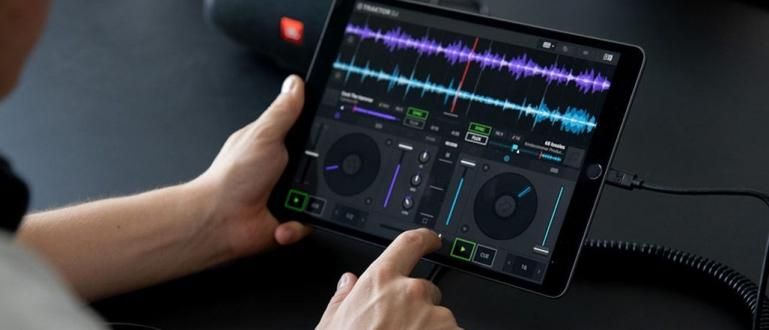It is claimed that by using a RAID configuration, it can even speed up hard disks to as fast as SSDs. Wow, does this mean we don't need to buy an expensive SSD? Let's be clear, let's see!
Currently there is an SSD as an update of the hard disk. However, because of the high price, making the hard disk is still a favorite today.
So that the hard disk is not so less competitive, currently there is such a thing as a RAID configuration. It is claimed that by using this configuration, it can even speed up the hard disk to as fast as the SSD. Wow, does this mean we don't need to buy an expensive SSD? Let's be clear, let's see!
- Characteristics of a Damaged Hard Disk and How to Solve It!
- Understanding Why Hard Disk Reads Full Capacity!
- 6 Ways to Prevent Laptop Hard Disk Damage or Bad Sector
Understanding RAID Hard Disks That Can Make It As Fast as SSD
 Photo source: Image: OCModShop
Photo source: Image: OCModShop RAID is an abbreviation of Redundant Array of Independent Disks. By using this technology, you can share or duplicate data to be saved to multiple hard disks.
For example, if there is data measuring 100, then the data can be divided into 50 and 50 to enter two hard disks. With such a method, will be able to achieve speed up to two times.
RAID itself has 7 configurations. However, in general, only two are used, namely RAID 0 and RAID 1 configurations. What is the configuration like, the following is an explanation.
RAID 0 (Stripping Mode)
To configure RAID 0, a minimum of 2 hard disks is required. This RAID 0 configuration will later combine many of these hard disks, ranging from capacity to speed.
 Photo source: Image: Seagate
Photo source: Image: Seagate RAID 1 (Mirroring Mode)
To configure RAID 1, as before, you need at least 2 hard disks. However, unlike RAID 0, RAID 1 will not combine hard disks. Instead do a back up if the main hard disk is damaged.
 Photo source: Image: Seagate
Photo source: Image: Seagate Apparently there is a way to increase the speed of the hard disk. If your platform already supports RAID configuration, you can use this. Oh yes RAID configuration can also be used on SSD. Good luck!
Also make sure you read the related articles Hard Disk or other interesting posts from Andalas son.
Banners: ShutterStock









